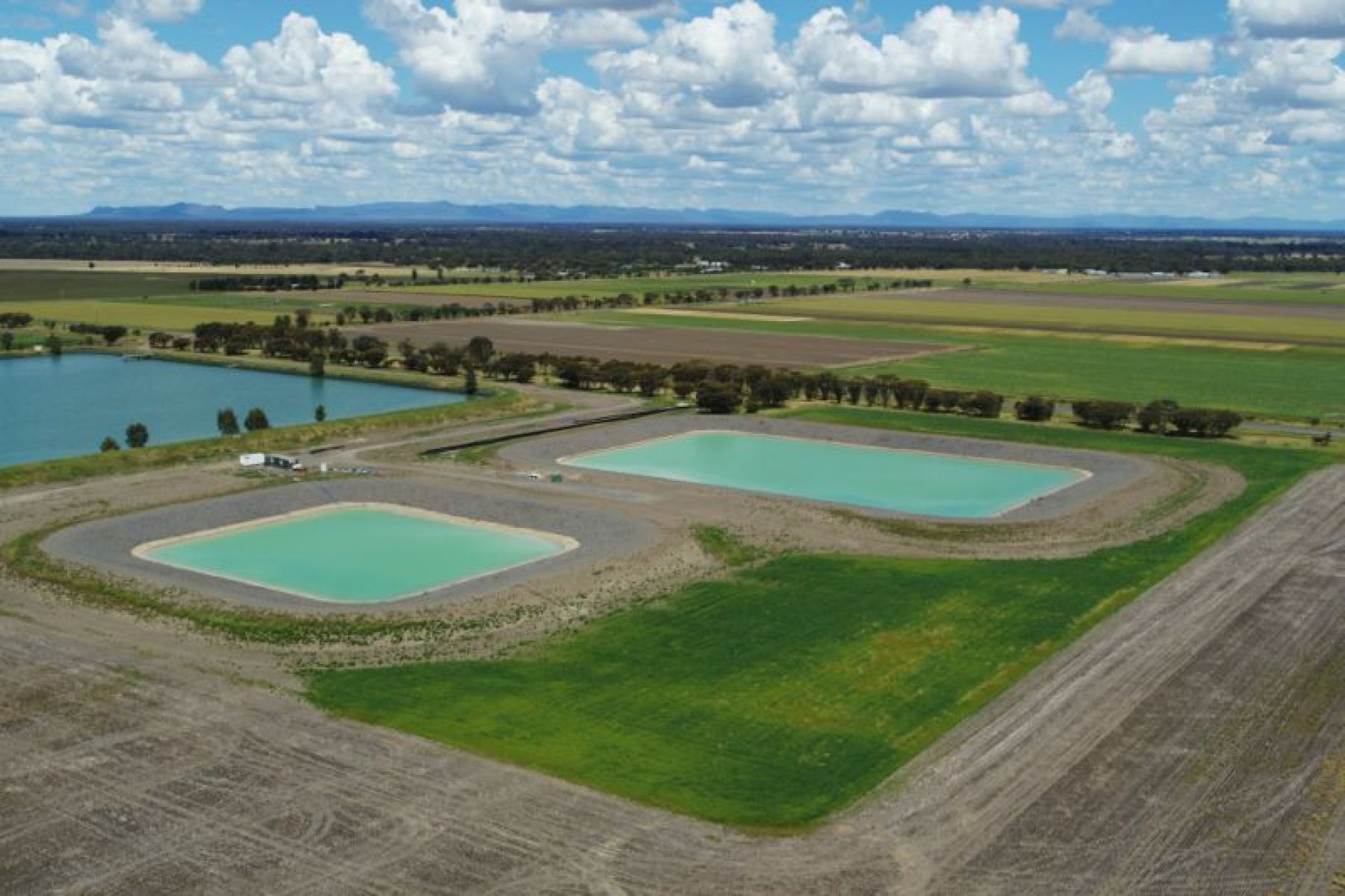Recycled water is helping support world-class agricultural research in Horsham, while also keeping the region’s parks, gardens and ovals green.
Researchers at the Horsham SmartFarm now have greater access to recycled water to irrigate their crops thanks to the installation of a reverse osmosis plant, funded through the $11.8 million Horsham SmartWater and Integrated Water Management project.

Increasing access to recycled water enhances Agriculture Victoria’s researchers’ capability to undertake field experiments aiming to improve the profitability, productivity and sustainability of crop production.
The recycled water is used to irrigate more than 50 hectares of grain, oilseed and legume crops at the SmartFarm.
The project also included the construction of water recycling infrastructure at the Horsham Wastewater Treatment Plant and a pipeline connecting to the city of Horsham to increase the amount of recycled water available for use in the region.
The pipeline connects to parks, ovals, the cemetery and the racecourse and provides up to 126 megalitres of recycled water for irrigation per year – reducing the need to use precious drinking water.
Using more diverse sources of water, such as recycled water, ensures a water supply for open spaces during dry spells, delivers environmental and economic benefits and bolsters the region’s long-term water security.
The Horsham SmartWater project was funded by Agriculture Victoria, Grampians Wimmera Mallee Water and the Australian Government through the National Water Grid Fund.
The pipeline supplying Horsham’s open space was funded by Horsham Rural City Council, Grampians Wimmera Mallee Water and DEECA’s Integrated Water Management program.
Page last updated: 12/03/25
